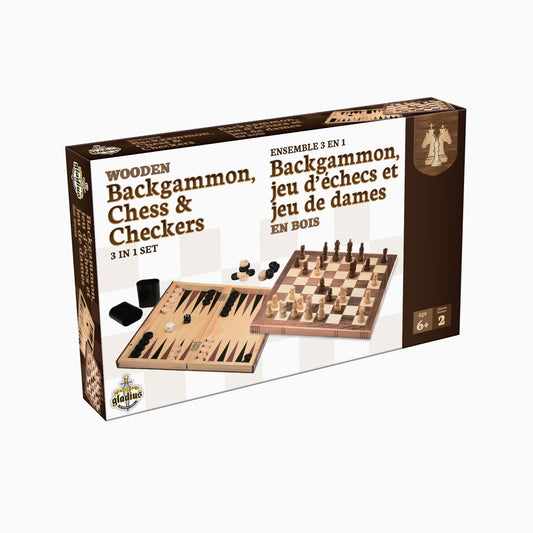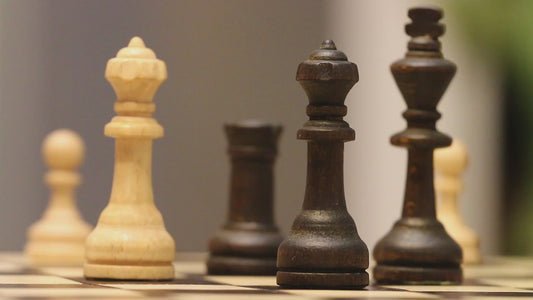
Cooperation
A little theory ...
Cooperation is teamwork! Cooperation enables children to achieve a result that could not have been achieved by one person alone. It's the co-construction of knowledge between peers. In a cooperative context, children interact, learn to listen to others, assert their ideas, negotiate and integrate others' points of view into their thinking. Cooperation enables children to consider the others around them, to realize that they are part of a society.
How to stimulate development through play?
For most games, it's possible to adapt the conditions of play, to play as a team rather than individually. When making this adaptation, give the children time to think together about the choices they'll have to make, the decisions they'll have to make. Cooperation takes time. By forming teams, you can pair up an older player with a younger one, to the benefit of the younger one's skill development and the older one's consideration. Pairing players of the same calibre together adds to the challenge and creates synergy between team members. This type of pairing helps to capitalize on everyone's strengths. In a cooperative context, value everyone's participation, highlighting the integration efforts of participants towards their teammates. It's a good idea to encourage children to speak in the "we" rather than the "I" tense (e.g., you don't say "I" found the right answer, you say "WE" found the right answer).
Article on this topic based on...
Shaffer, D. (2010). Developmental psychology: childhood and adolescence, Brooks/Cole Publishing Company.
http://www.votre-enfant.com/wiki/Le_d%C3%A9veloppement_psychomoteur_de_l%27enfant_%28partie_1%29





